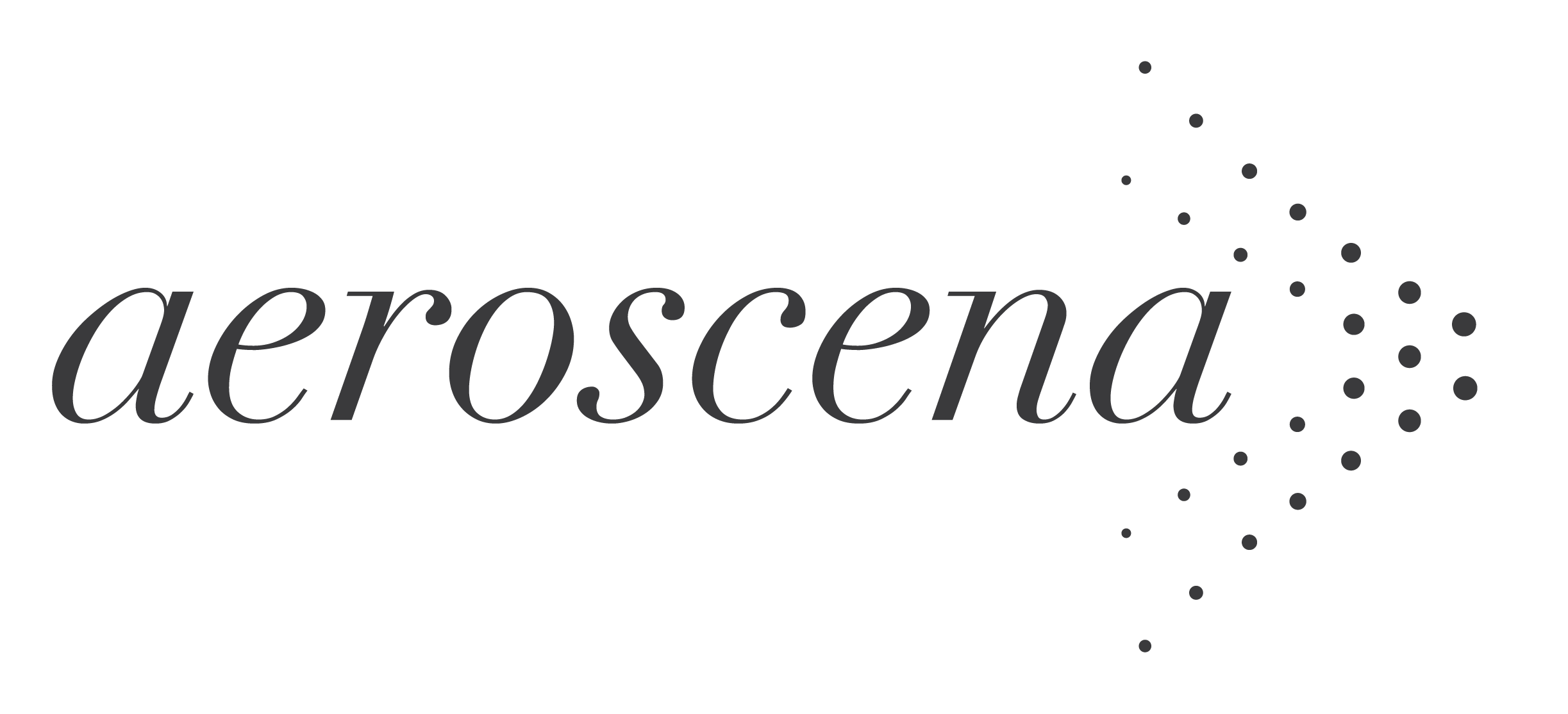Effects of Peppermint Scent on Appetite Control and Caloric Intake
Wheeling Jesuit University -- 2007
Alex Reed, Jude Almeida, Ben Wershing, and Bryan Raudenbush
Previous research indicates that inhalation of certain scents may reduce hunger levels. The present study evaluated hunger levels during peppermint inhalation vs. non-inhalation, in addition to actual food consumption and dietary evaluation (e.g., fat intake, caloric intake, vitamin and mineral intake, etc.) over a period of two weeks.
In a within-subjects design, participants completed a peppermint inhalation condition (administered every 2 hours) and a non-inhalation condition. Each condition was performed for 5 days during separate weeks. During the protocol, participant rated their hunger level every two hours and completed a food diary listing everything they consumed for the two five-day periods. Results indicate participants consumed significantly fewer total calories, calories from saturated fat, total fat, and sugar during the peppermint inhalation condition. Participants also rated their hunger level significantly lower during peppermint inhalation.
The primary implication of these results is that peppermint scent can be used as an effective adjunct to decrease appetite, decrease hunger cravings, and consume fewer calories, which may lead to weight reduction and greater overall health.

